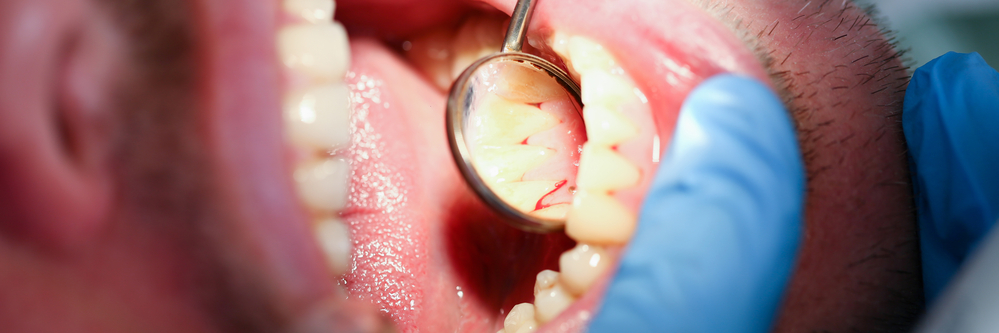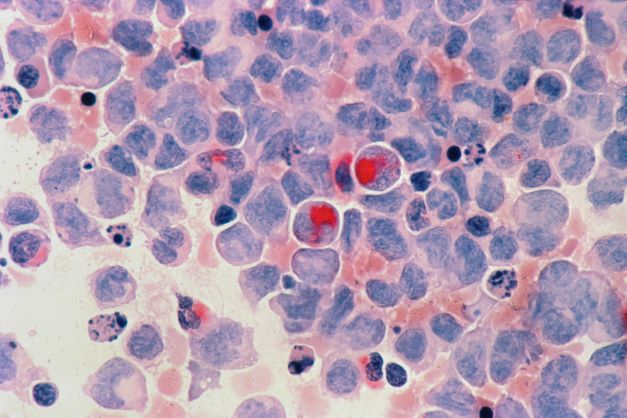
There’s a chance that every adult might suffer from some degree of bleeding gums at some point in their lifetime. Although a small amount of blood in the mouth may not bother you, bleeding gums should not be ignored.
If you notice that your gums are bleeding, we suggest visiting a Magic Smiles Dental and Implant Centre location as soon as possible. Our experienced dental team diagnoses the root cause of bleeding gums and appropriately treats the condition.
There are many reasons why you could have bleeding gums. Some reasons are related to your oral health. Other times, bleeding gums can be the warning sign of a potentially even more significant problem. Here, we go over six reasons your gums may be bleeding and how to stop it.
1. You’re using an incorrect brushing technique.
When it comes to brushing your teeth, easy does it. Brushing your teeth too hard can damage your enamel and may cause discomfort, your gums to bleed, and your toothbrush bristles to fray. Likewise, the Australian Dental Association recommends gently brushing your teeth with a toothbrush with a small head and soft bristles twice a day.
2. You’re new to routine flossing.
Don’t panic or give up! If you’ve just started flossing, some bleeding is normal. Thankfully, this symptom should go away in about a week as you master your flossing craft. If the bleeding persists after a week, speak with your dentist.
3. You’re deficient in vitamins and minerals.
A balanced diet full of vitamins and minerals can help your body perform at its peak. However, deficiencies can hinder your oral and overall health. Specifically, deficiencies in the following substances can lead to poor gum health:
- Vitamin C helps our cells heal. So, a long-term vitamin C shortage might lead to inflamed gums that bleed easily.
- Vitamin K has healthy blood clotting properties, so lacking this vitamin can hinder your body’s ability to prevent excessive bleeding in case of injury.
- Iron helps the body produce healthy blood cells and maintain high-functioning blood vessels.
4. Your dental restorations are not fitting correctly.
Do you have any prior dental work? If so, make sure that your crown, denture, or other dental restoration fits properly. If a restoration slips out of place, it may cut the gum tissue.
5. You’re experiencing hormonal changes.
The hormonal imbalances during puberty and pregnancy can increase blood flow to the gums and affect your overall gum health. Thus, increasing the threat of developing gum disease.
6. You have gum disease.
Gum disease starts as an infection in the gingival tissue that has the potential to develop into something much more severe (periodontitis). Although largely preventable via regular dental visits, experts estimate that 3 in every 10 Australian adults have moderate to severe periodontitis. One of the earliest signs of gum disease is bleeding, and your dentist might even be able to reverse it if it’s caught in time!
Discover the Your Bleeding Gums Cause
Your first line of defense against bleeding gums should always be a trip to your dentist. If you noticed that your gums are bleeding, inflamed, or otherwise irritated, type “dentist near me” in your favorite search engine and schedule a check-up with a trusted dentist in your area.
At Magic Smiles Dental and Implant Centre, our team will thoroughly examine the state of your teeth and gums. Your dentist may recommend additional treatment or a visit with your primary care doctor if they suspect a systemic health issue. Early intervention is key to protecting your health, so reach out to our team by calling (02) 6654-0650 or messaging us online as soon as you can.






Recent Comments